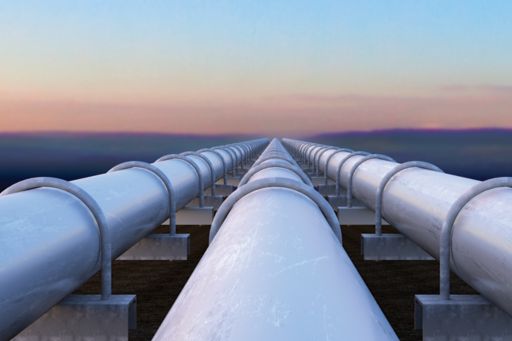Trend 7: Progress trumps divisiveness
Trend 7: Progress trumps divisiveness
Global agreements are becoming harder to achieve but the market indicates progress.

It’s been a great year for pessimists. Political divisiveness is on the rise. Societies are fracturing. Multilateral trade agreements are flailing. And once-unbreakable alliances are falling to pieces. Uncertainty reigns.
Yet, even while media reports suggest that global agreements are becoming harder to achieve, our view of the markets indicates that progress is being made beyond the headlines. The passage of the remodeled Trans-Pacific Partnership shows that – even absent the support of some of the major powers – increased certainty can be achieved in global trade. The ongoing efforts to improve the Paris Climate Accord indicates that collaboration on major issues is still possible at a global level. The uncertainty may be less certain.
We see significant signs that multinational collaboration and globalization is still alive and well. Proof of this is easy to find – it is in the continued work on the Nord Stream pipeline (even in the face of ongoing tensions between Russia and Europe), the completion of the Western Europe-Western China Expressway running from St. Petersburg in Russia to the Yellow Sea in China, and countless other multinational projects currently underway.
It’s below the noise of international politics that the greatest progress is being made. Indeed, even with (or maybe despite) all of the global convulsions, we see many societies driving ahead with their infrastructure agendas at the subnational level. And that is allowing a nascent sense of purpose to emerge as local public and private organizations start to take matters into their own hands.
Over the coming year, we expect to see infrastructure players of all types – investors, developers, operators, service providers and contractors – reassess their long-term strategies in order to diversify their footprints and spread their risks while also moving towards those markets that continue to make progress on their infrastructure agendas.
Some, as we noted in Trend 4, are already hard at work building their emerging market capabilities – both operational and strategic – so they can take an active role in shaping the new world order. Others are simply trying to understand how this environment of disruption will impact their current business and existing expansion and growth plans.
We remain optimistic that – despite current social and political gyrations – the world will continue to coalesce around a renewed sense of purpose, enabled by new technologies, sustainable development goals and a shift towards social self-empowerment. The world order may be shifting, but we are confident that the desire for progress will ultimately trump the current environment of divisiveness.
Further Readings:
- Emerging Trends in Infrastructure 2019
- Trend 1: The public sector begins to reassert its role
- Trend 2: Data drives operational efficiency
- Trend 3: The challenges of megaprojects are magnified
- Trend 4: Eyes shift to emerging
- Trend 5: Embracing the evidence
- Trend 6: Sustainability goes mainstream
- Trend 8 competition for new technologies heats up
- Trend 9: The customer becomes king
- Trend 10: Interdependence creates opportunities
- VIDEO: Emerging trends in infrastructure 2019


